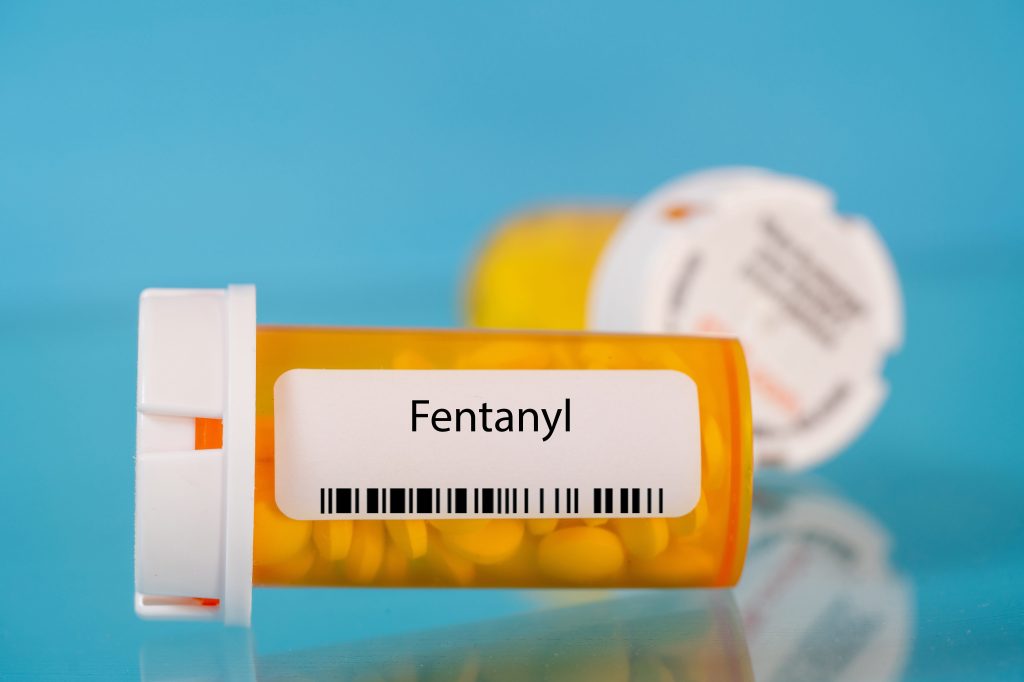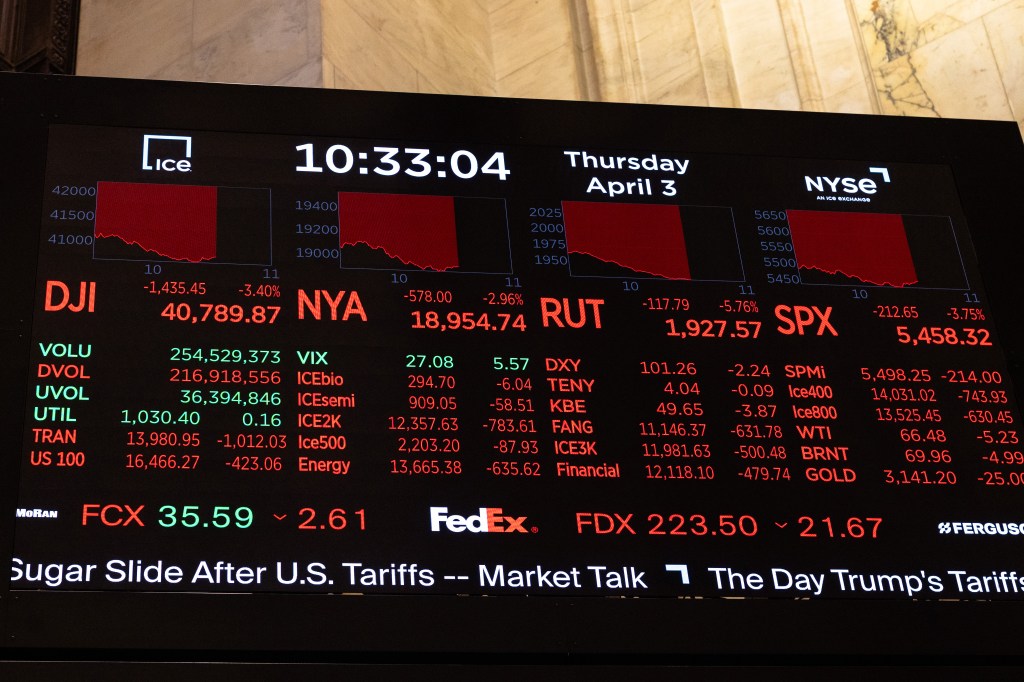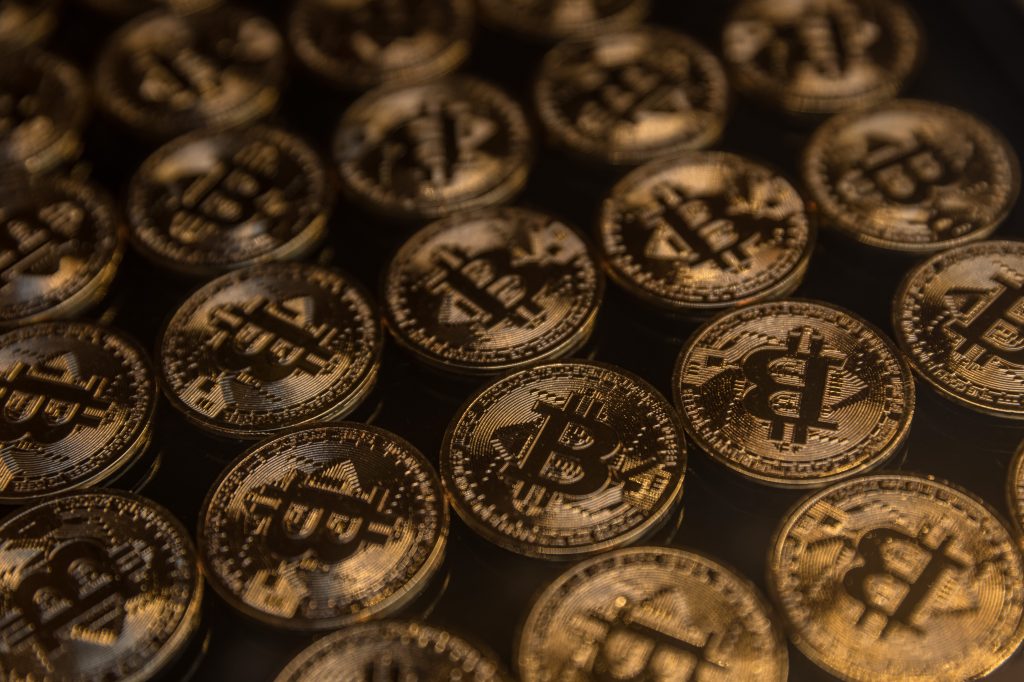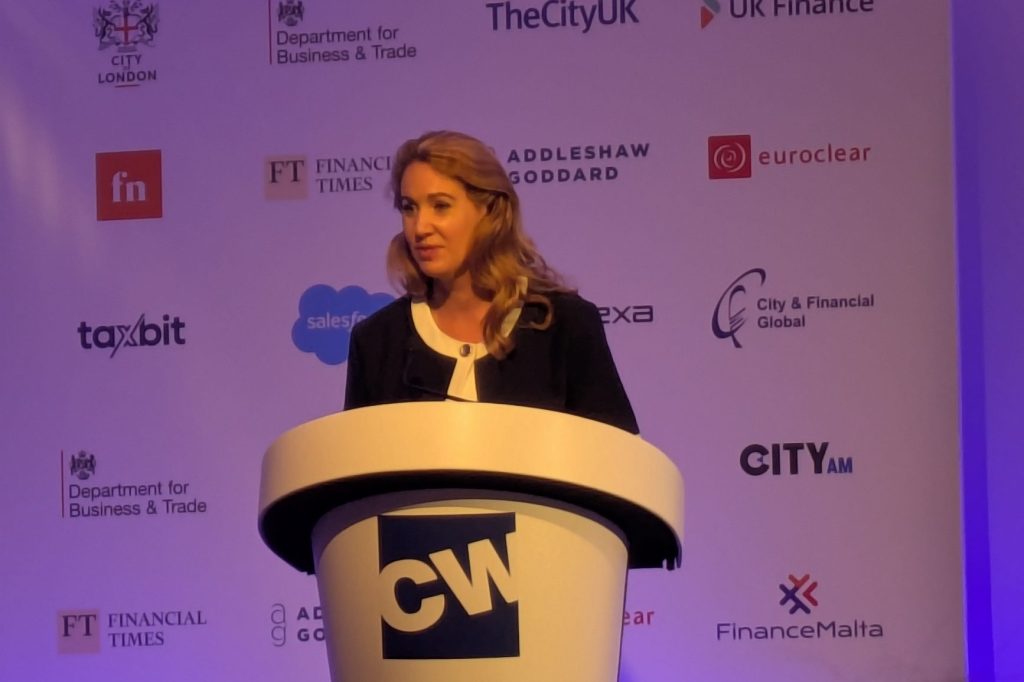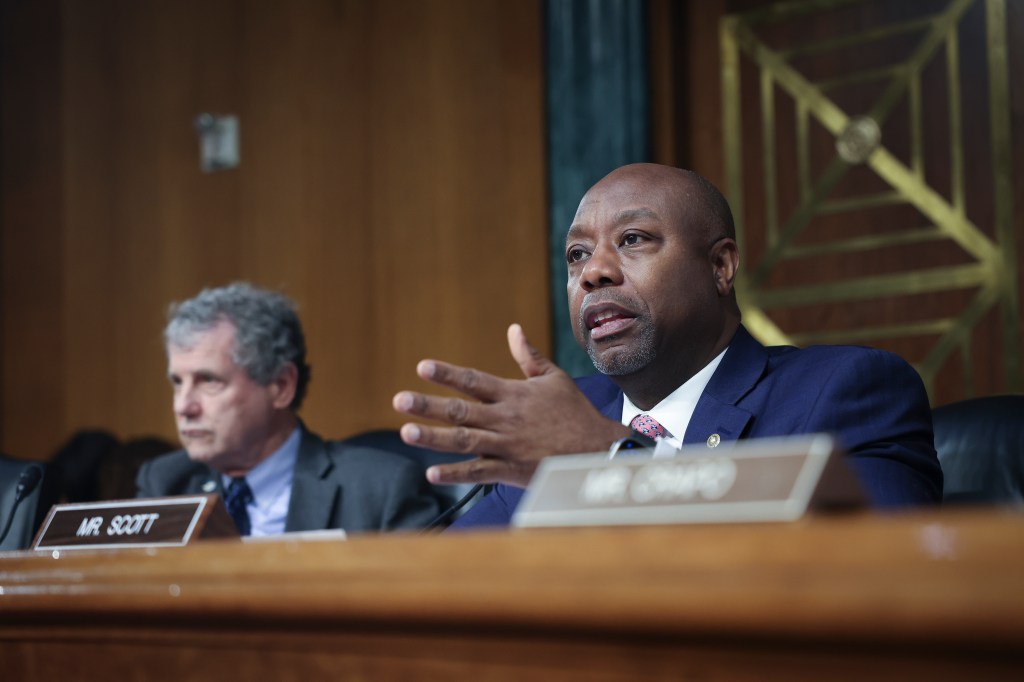The Senate Banking Committee met Tuesday to hear testimony from bank executives and regulators in the aftermath of the collapses of SVB and Signature Bank. The stated aim was to work out how to prevent the same thing happening again; the conversation focused on who was to blame.
Senator Sherrod Brown (D-OH), who chaired the hearing into what he termed “no ordinary failures”, opened up with some tough observations. He said: “Monday morning quarterbacking aimed only at the actions of regulators this month is as convenient as it is misplaced,” and added: “Many who are the first to scold the regulators for their failures, offer ready ears whenever bank CEOs line up at their offices complaining about ‘out of control bank examiners’.”
And he said: “Remember some of those complaints at our hearing with Fed Chair Powell over the Fed merely reviewing capital? Just three days before Silicon Valley Bank failed? How soon we choose to forget.”
“When we ask who should have known how the risks were building in these banks, we should start at the source: with the executives.”
Senator Sherod Brown
Observing that SVB almost quadrupled in size over a period of just three years, and Signature more than doubled over the same time span, he said: “When we ask who should have known how the risks were building in these banks, we should start at the source: with the executives.”
Michael Barr, the Federal Reserve’s vice-chair for supervision, stated bluntly that SVB’s failure was down to “a textbook case of mismanagement”. Barr will be running a review of the bank’s failure and that is due to report by May 1.
Liquidity stress
He referred to deficiencies around liquidity stress testing that had been identified by Fed examiners in 2021, and to concerns raised over board oversight, risk management and internal auditing in 2022. In his view: “The bank waited too long to address its problems” and he highlighted the irony that “the overdue actions it finally took to strengthen its balance sheet sparked the uninsured depositor run that led to the bank’s failure”.
Barr said the review he is running would look at whether “the Federal Reserve’s supervision was appropriate for the rapid growth and vulnerabilities of the bank” and ask “why the bank was unable to fix and address the issues we identified in sufficient time”.
He was clear in his view that: “It is not the job of [Fed] supervisors to fix the issues identified. It is the job of the bank’s senior management and board of directors to fix its problems.”
“How can you ask Congress for more authority with a straight face?”
Senator Tim Scott
Senator Tim Scott’s (R-SC) views suggested that there may be a level of bi-partisan agreement that it was SVB executives who were ultimately to blame for the bank’s collapse. He claimed that: “Without any question that’s where the buck stops” and called the case “a classic tale of negligence”. But he took a tougher line on the regulators. “Warning signs should have been flashing red,” he said. “How can you ask Congress for more authority with a straight face?”
FDIC chief Martin Gruenberg told the committee that regulation of the banks “merits serious attention”, observing that “heavy reliance on uninsured deposits creates liquidity risks that are extremely difficult to manage”.
There was some debate over the role of the regulators, echoing Senator Brown’s opening remarks. Senator Jon Tester (D-Mont) said: “”It looks to me like the regulators knew the problem, but nobody dropped the hammer.”
$22.5 billion costs
But Senator Chris Van Hollen (D-Md) said: “We’ve got a lot of folks that had been saying for months and years, ‘let’s rein in the bank supervisors,’ and now all of a sudden, it’s like, ‘Where were the supervisors? Why weren’t they being more aggressive?’.”
The decision to make customers whole is estimated to eventually cost the FDIC $20 billion for SVB and $2.5 billion for Signature Bank. The money will come from a special assessment on other banks – it’s a legal requirement – but there was unhappiness that community banks may therefore end up paying for the crisis. Gruenberg indicated the FDIC has some discretion in how costs are divided between different categories of banks and said a formula would be announced in May.
The cost to the FDIC and the fact that SVB executives received stock and bonuses just before the bank crashed prompted both anger and frustration at the hearing. “Almost every American would agree it’s simply wrong for the CEO and top executives to profit from their own mismanagement and then leave FDIC holding the bag,” Van Hollen said.
Full member statements from the hearing are available on the Committee’s website.


